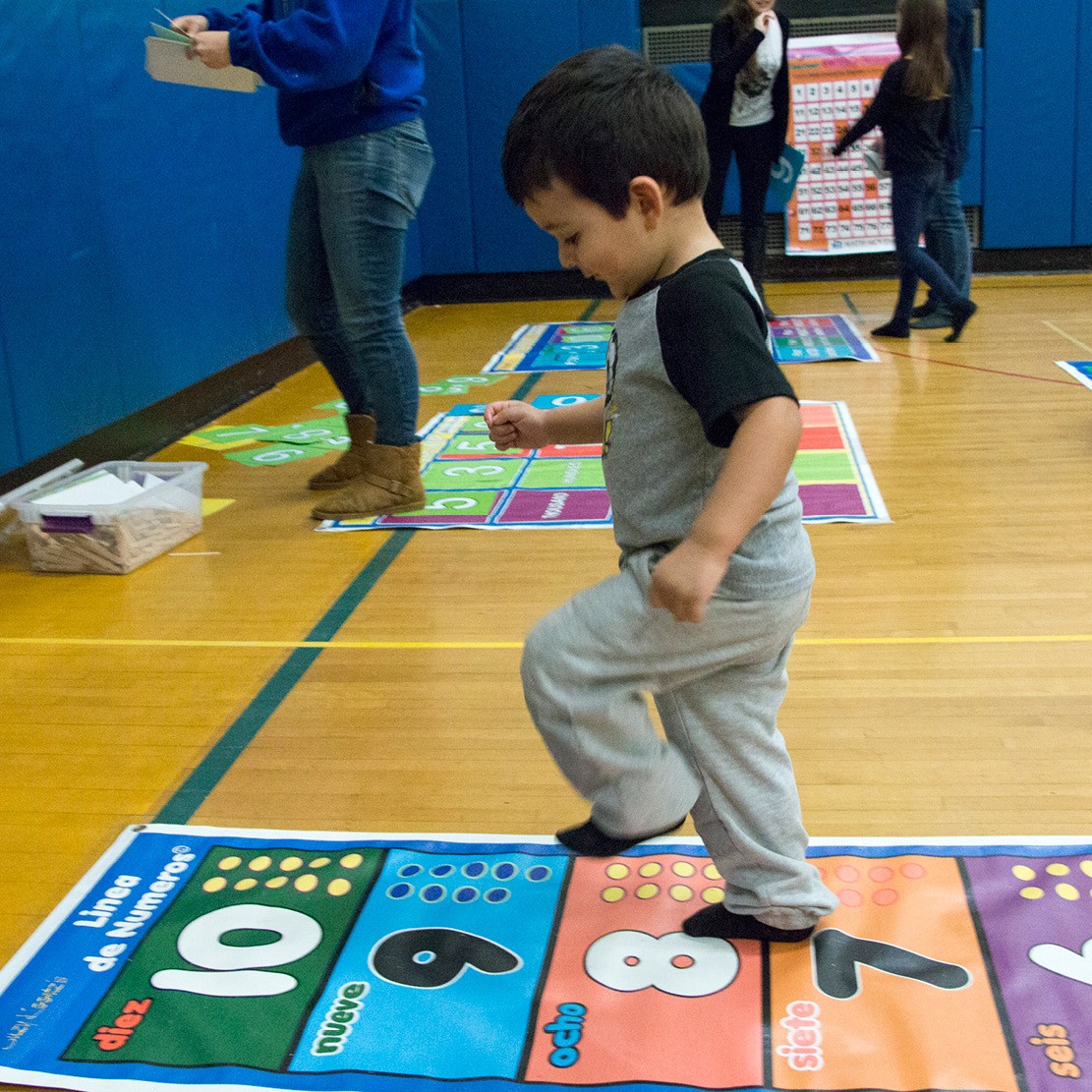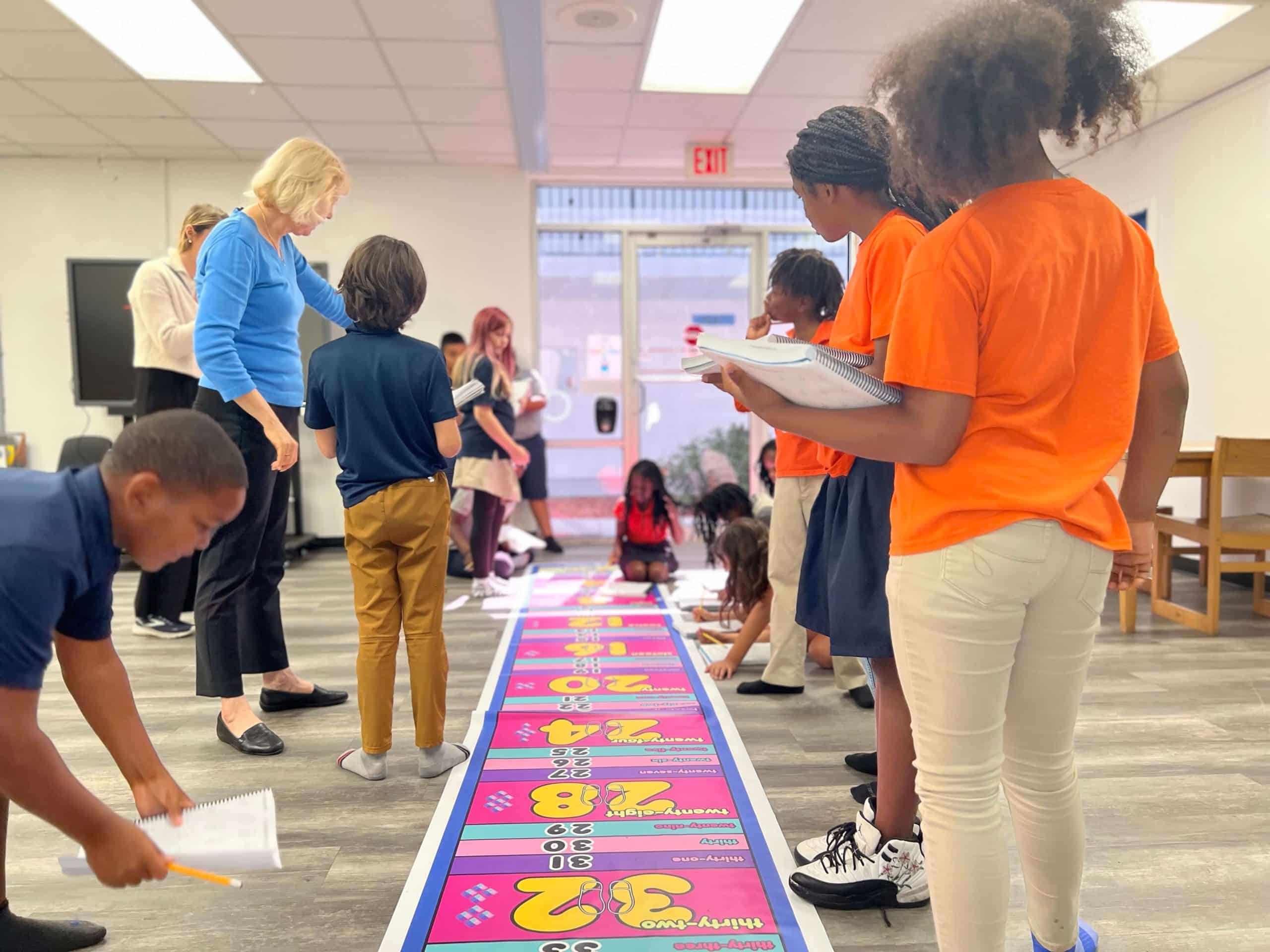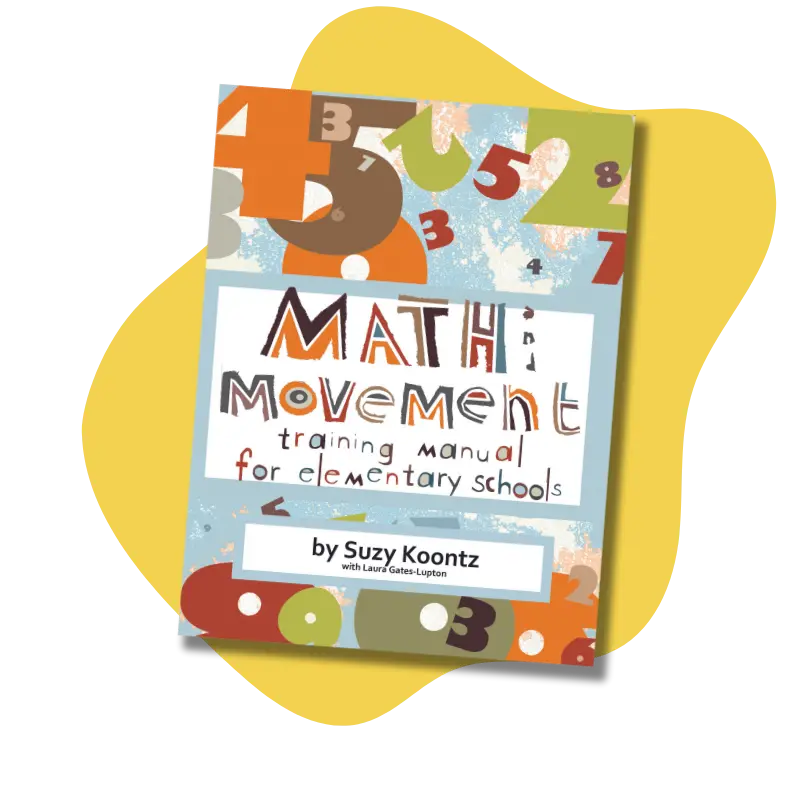
Research-Based Strategies for Teaching ELL Students
Research shows that ELL students prefer a kinesthetic learning style. Incorporating movement-based learning strategies into lessons can help bilingual classrooms thrive.

Professional development keeps teachers up to date on the latest science-backed pedagogical methods, increases their content knowledge, and allows them to strengthen relationships with their coworkers. Unfortunately, although it can help them reach their full potential, many teachers consider the professional development they receive to be irrelevant, outdated, and uninspiring.
According to the Gates Foundation, only 29% of teachers are highly satisfied with the professional development opportunities offered to them (Bill & Melinda Gates Foundation, 2014). Luckily, you can change their attitudes by addressing a few important factors. Here are five ways professional development workshops which teach kinesthetic learning strategies can address your teachers’ concerns and meet their professional learning goals!
Innovation. Many teachers are looking for new teaching strategies to bring to their classrooms. They are looking for professional development that will teach them strategies that will engage their students, make learning fun, and be more inclusive to students’ various learning styles. Workshops that teach empirically-supported, innovative methods such as movement-based learning and play-based learning will help your teachers improve the learning experience of all of their students while providing new ways for struggling students to succeed.
Following are some possible questions to ask when considering a professional development offering:
In America, $18 billion dollars is spent annually on professional development, and the average teacher spends 68 hours per year participating in professional development activities (2014). Since such an impressive amount of resources are spent on professional development opportunities and since you put so much effort into organizing them, let’s help educators get the most out of their training. Keeping these five points in mind while you review past evaluations can help you choose the most beneficial professional development for your teachers. In booking your next professional development event, be sure to consider a kinesthetic workshop for your teacher.
References:
Bill & Melinda Gates Foundation. (2014). Teachers Know Best: Teachers’ Views on Professional Development. Education Resources Information Center, 1-20.

Research shows that ELL students prefer a kinesthetic learning style. Incorporating movement-based learning strategies into lessons can help bilingual classrooms thrive.

Discover how movement-based learning can help teachers implement effective classroom management strategies for elementary students.

Get ideas on how to celebrate Pi Day 2024 with your elementary students.

Find out how Math & Movement is aligned to your state’s education standards.
Please leave your email and a quick note for us. We will get back to you soon! In the meantime, here are answers to some of our most common questions:
→ Shipping is 10% of the order subtotal.
→Yes, we accept purchase orders!

Enter your email to get our training manual with over 250 active math movements. No materials necessary!